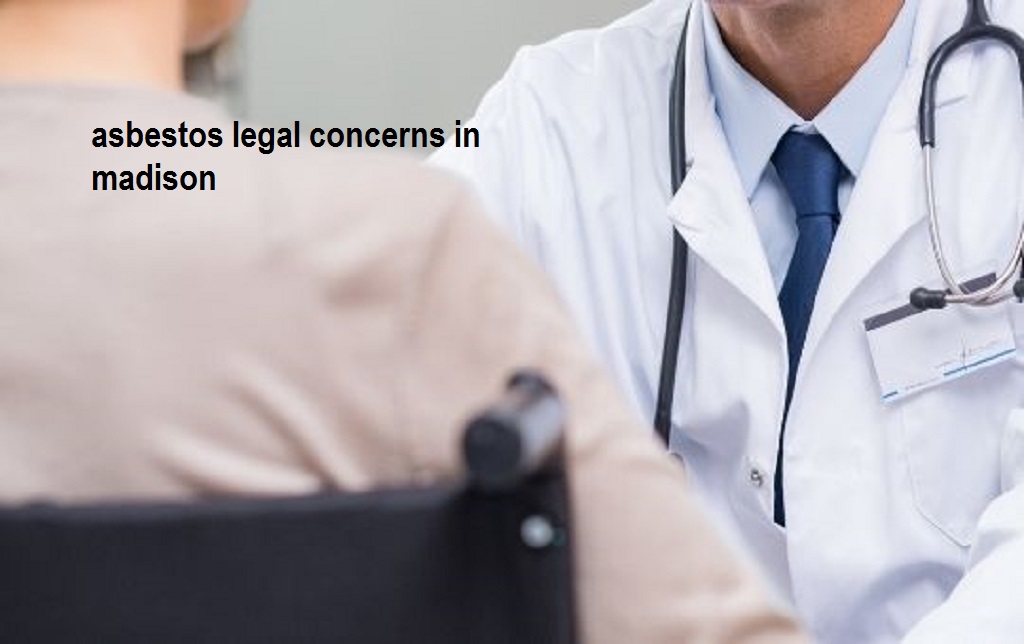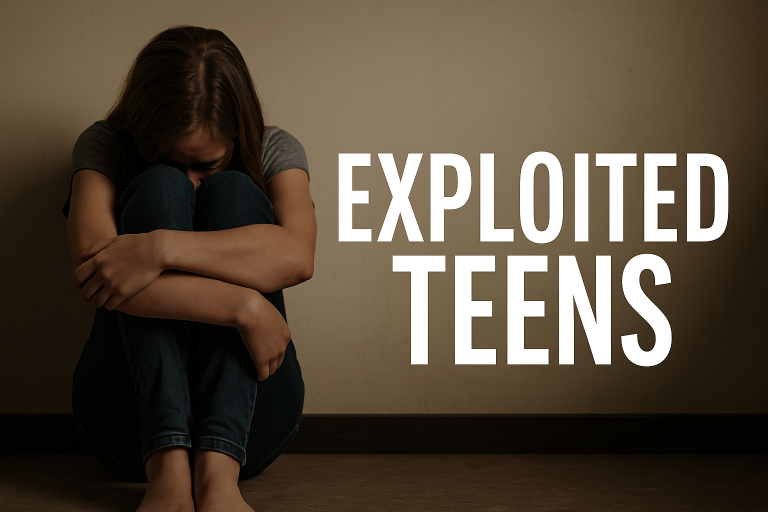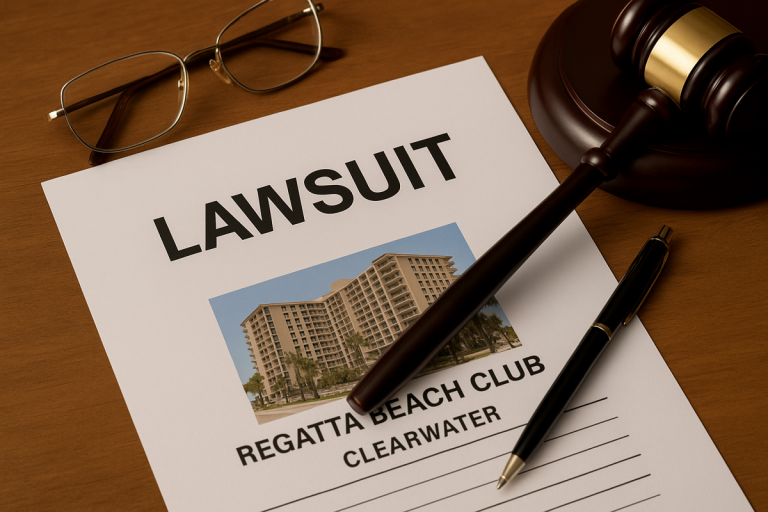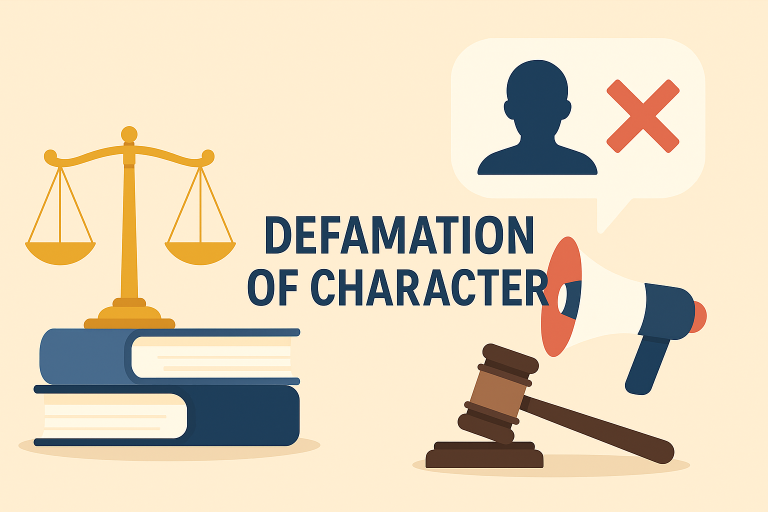Once considered as a “miracle material,” asbestos poses a serious risk to one’s health today. However, asbestos remains in many of Madison’s older buildings, endangering families, employees, and homeowners. Tiny fibers of asbestos are released into the air when it is disturbed during destruction or restoration. Furthermore, mesothelioma and lung cancer are among the severe illnesses that might result from inhaling this asbestosis air. Unfortunately, it frequently takes years before these disorders manifest themselves.
Residents in Madison need to understand these risks and their legal obligations around asbestos. Strict regulations for asbestos handling and removal protect public health. Only certified professionals can legally handle asbestos-related work, keeping dangerous fibers contained. This guide covers Madison’s asbestos laws, health risks, and the legal rights available to affected individuals. Learning about these topics empowers residents to protect themselves and their families.
The Hidden Risk of Asbestos
Asbestos once seemed like miracle material. Its heat-resistant properties made it popular in construction. Yet, asbestos fibers are dangerous when inhaled. Exposure can cause serious health problems. Many buildings in Madison, especially older ones, still contain asbestos. This hidden threat lies within walls, insulation, and ceilings. When disturbed, asbestos becomes a health hazard.
Why Asbestos Is Dangerous
Humans may unintentionally breathe in asbestosis air when released into the atmosphere. However, the long-term damage may result from these fibers being dodged in lung tissue. Lung cancer, asbestosis, and mesothelioma are among the illnesses linked to asbestos exposure. Moreover, its early detection is challenging because symptoms might take years to appear. There can be health risks from even a short exposure. These hazards should be understood by everyone who works in or near historic structures.
Madison’s Asbestos Regulations: Essential Rules
Madison enforces strict regulations on asbestos. These instructions explain safe asbestos handling and removal procedures. Wisconsin’s Department of Natural Resources (DNR) and Department of Health Services (DHS) enforce these rules. They offer regulations for worker qualification, demolition, and abatement.
Failure to comply could result in penalties or criminal charges. Both building owners and contractors must abide by these regulations. Residents can better defend themselves by becoming aware of these rules.
Certification and Training: Who Handles Asbestos?
Only certified professionals in Madison can handle asbestos legally. These professionals complete DHS training to gain certification. This training teaches safe removal and disposal methods. They learn to minimize fiber release, protecting both themselves and the public.
Individuals or companies handling asbestos without certification face legal penalties. Certified workers follow strict safety guidelines, keeping others safe from exposure risks. Hiring certified professionals is essential for health and legal compliance.
When Asbestos Removal is Needed
Despite popular opinion, asbestos does not always need to be removed. Asbestos only becomes dangerous when it is disturbed. If left intact, asbestos-containing materials can be safe. However, removal is necessary during renovations or if the material starts deteriorating.
Determining when to remove asbestos requires a professional inspection. Certified inspectors identify risks and recommend safe solutions. Before renovating old houses containing asbestos, homeowners should consult a professional.
Read also: California Employers and Doctor’s Notes: What You Need to Know
Health Risks of Asbestos Exposure
Asbestos exposure is a serious health hazard. When inhaled, asbestos fibers can lead to life-threatening diseases. Moreover, these fibers settle deep in lung tissue, causing ongoing inflammation. Over time, this inflammation can result in conditions such as:
- Mesothelioma: A rare but deadly cancer affecting the lungs and abdomen.
- Lung cancer: Higher risks for those with prolonged exposure, especially smokers.
- Asbestosis: A chronic lung disease causing scarring and breathing issues.
These diseases may take years to develop. Early detection remains key to treatment. Regular medical checks help those at risk stay informed and potentially catch issues early.
Legal Options for Asbestos Victims in Madison
There are legal rights for those who have been exposed to asbestos. To obtain compensation, victims might submit personal injury claims. This reimbursement covers discomfort, missed wages, and medical costs. Families of asbestos victims may find relief through wrongful death cases. These claims hold the relevant parties accountable for the harm they caused.
Hiring an expert asbestos attorney is critical. Asbestos-related cases entail complicated laws. Attorneys who specialize in asbestos claims assist victims and preserve their rights.
Steps to File an Asbestos-Related Claim
Filing an asbestos claim involves several steps. Each step requires planning and legal knowledge. Here’s a simple breakdown:
Consult an Attorney: Find an attorney with asbestos experience. They assess the case and offer legal advice.
Gather Medical Records: Collect documents linking health issues to asbestos exposure.
Identify the Source of Exposure: Pinpoint when and where the exposure happened. This detail strengthens the claim.
File the Claim: The attorney files the claim with all evidence ready. This claim targets either a company or an insurer.
Negotiate or Go to Trial: Many cases are settled before trial. However, some may proceed to court if necessary.
Victims must act quickly due to time limits on filing claims. Missing these deadlines could block legal options.
Significant Change: The New National Ban on Asbestos
In March 2024, the U.S. Environmental Protection Agency (EPA) issued a national ban on chrysotile asbestos. This type was the last form legally used in the U.S. This ban marks a significant victory for public health. People across the country benefit from reduced asbestos exposure risks. Madison residents can now expect safer products and materials.
However, older buildings still contain asbestos. This new rule doesn’t apply to existing materials. Asbestos regulations and safety practices remain crucial for dealing with asbestos in older structures. Madison residents must stay cautious, especially in pre-1980s buildings.
Resources and Support for Madison Residents
Madison provides resources to help residents with asbestos issues. The Wisconsin DHS offers guidance on asbestos safety. Additionally, the State Laboratory of Hygiene provides testing services. These services help identify asbestos in homes and workplaces.
Law firms in Madison also specialize in asbestos cases. They help victims navigate the legal system and pursue compensation. Access to these resources ensures residents have support in both health and legal matters.
Key Takeaways for Staying Safe in Madison
Recognize the Risk:
Asbestos exposure poses serious health risks, even years after contact.
Follow Regulations:
Madison has strict asbestos laws. Certified professionals must handle any asbestos work.
Seek Medical Attention:
Those exposed to asbestos need regular check-ups. Early detection saves lives.
Know Your Legal Rights:
Asbestos victims have legal options for compensation. Experienced attorneys can help.
Use Available Resources:
Madison offers testing and legal support. Residents don’t have to face asbestos issues alone.
Protecting Yourself and Your Loved Ones
Asbestos remains a real threat, but Madison’s regulations and resources provide protection. Residents can stay safe by following rules, seeking medical care, and understanding legal rights. Knowledge is the most potent tool against asbestos. Remember, help is available, and you’re not alone.
Conclusion
Understanding the asbestos risks and legal obligations in Madison is critical for safety. Asbestos exposure can lead to serious, long-term health problems, but obeying Madison’s tight standards reduces these dangers. Residents should be knowledgeable about asbestos handling regulations and only engage trained specialists for asbestos work.
Madison offers legal services and medical tests to people exposed to asbestos. Asbestos-related illness victims are entitled to compensation, and knowledgeable lawyers can help them make decisions. Raising awareness is critical in a place where asbestos remains hidden in many older buildings. Madison people may preserve their health, homes, and legal rights by taking action.




